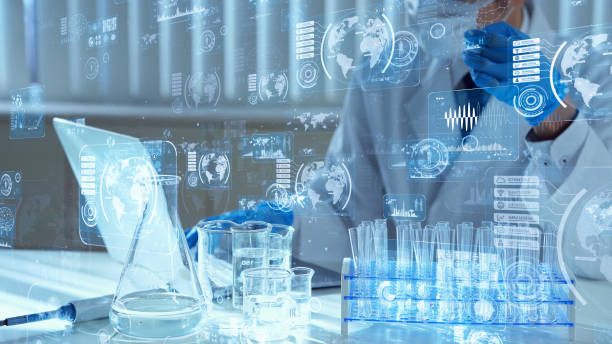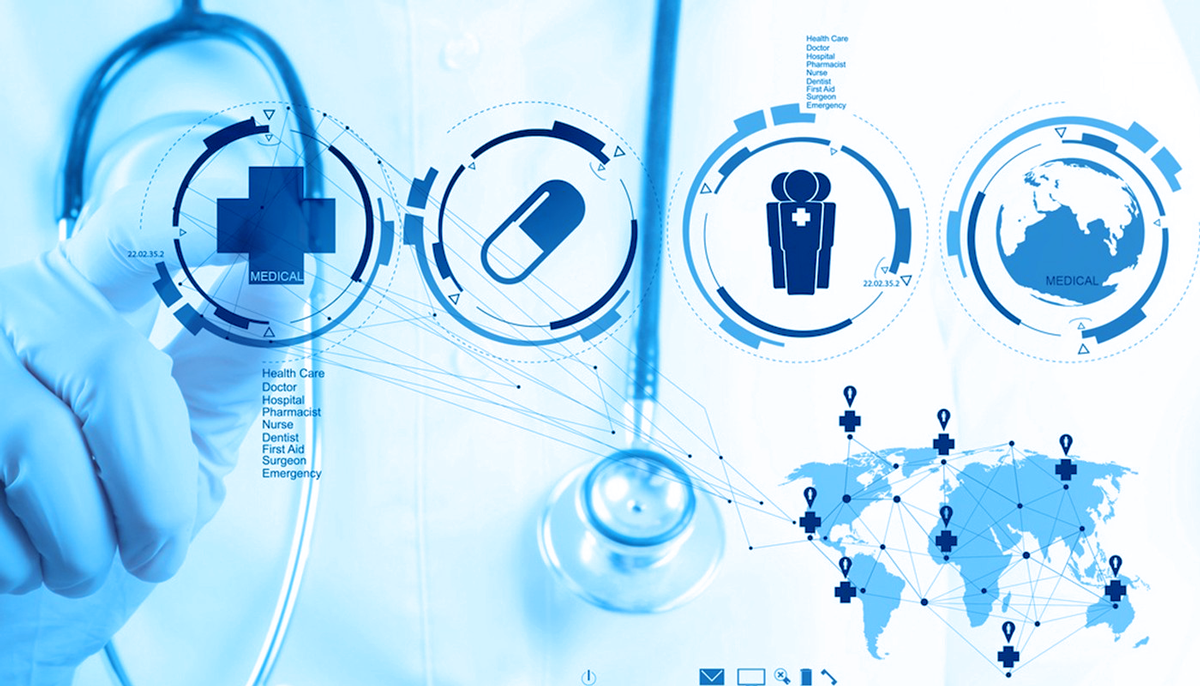Introduction
The pharmaceutical industry has been profoundly transformed by the evolution of software technology. From the initial stages of drug discovery to the complexities of clinical trials, manufacturing, and distribution, software solutions have revolutionized every aspect of the industry.
The integration of advanced computational tools, big data analytics, artificial intelligence, and digital platforms has streamlined processes, increased efficiency, and enhanced the accuracy of research and development. This evolution not only accelerates the time-to-market for new drugs but also ensures better compliance with regulatory standards and improves patient outcomes.
1. Drug Discovery and Development
Early Stage:
Manual Research and Data Analysis: Traditional methods involved manual research, limited data analysis, and physical lab work.
Modern Developments:
Computational Drug Discovery: Software for molecular modeling and simulation predicts drug interactions and efficacy.
Big Data and AI: Analyzing large datasets to identify drug targets, biomarkers, and potential side effects. AI algorithms can design new molecules and optimize lead compounds.
Bioinformatics: Managing and analyzing biological data, including genomics and proteomics, to accelerate the identification of therapeutic targets.

2. Clinical Trials
Early Stage:
Paper-Based Trials: Manual data entry and management, leading to delays and errors.
Modern Developments:
Electronic Data Capture (EDC): Software platforms streamline data collection and management, ensuring accuracy and compliance.
Clinical Trial Management Systems (CTMS): These systems facilitate planning, tracking, and managing clinical trials, including patient recruitment and regulatory compliance.
eConsent and Remote Monitoring: Digital consent forms and wearable devices for remote patient monitoring enhance participation and data quality.
Real-World Evidence (RWE): Using electronic health records (EHR) and other data sources to gather evidence on drug performance in real-world settings.

3. Manufacturing and Quality Control
Early Stage:
Manual Processes: Quality control and manufacturing processes were manual, leading to inefficiencies and errors.
Modern Developments:
Manufacturing Execution Systems (MES): These systems integrate and manage production processes, ensuring compliance and efficiency.
Process Analytical Technology (PAT): Real-time monitoring of manufacturing processes using software and sensors to ensure quality and consistency.
Automated Quality Control: Software for automated testing and quality assurance, reducing human error and increasing throughput.

4. Regulatory Compliance
Early Stage:
Paper-Based Submissions: Regulatory submissions and compliance processes were manual and time-consuming.
Modern Developments:
Electronic Regulatory Submissions (eCTD): Software systems facilitate the creation, submission, and management of electronic regulatory documents.
Compliance Management Systems: These systems track and ensure adherence to regulatory requirements, including Good Manufacturing Practice (GMP) and Good Clinical Practice (GCP).

5. Supply Chain Management
Early Stage:
Manual Tracking: Supply chain processes were manual, leading to inefficiencies and lack of transparency.
Modern Developments:
Enterprise Resource Planning (ERP) Systems: Integrating all aspects of the supply chain, from procurement to distribution, ensuring real-time visibility and control.
Blockchain: Enhancing transparency, traceability, and security in the pharmaceutical supply chain.
Internet of Things (IoT): Real-time monitoring of environmental conditions during transportation, ensuring drug integrity and compliance.

6. Patient Engagement and Support
Early Stage:
Limited Interaction: Interaction with patients was limited to in-person visits and paper-based communication.
Modern Developments:
Patient Portals: Providing patients with access to their health information, medication schedules, and educational resources.
Mobile Health Apps: Facilitating medication adherence, symptom tracking, and remote consultations.
Telemedicine: Expanding access to healthcare professionals and clinical trials, particularly for patients in remote areas.
7. Data Security and Privacy
Early Stage:
Basic Security Measures: Limited data security protocols, increasing the risk of breaches.
Modern Developments:
Advanced Encryption: Ensuring the security and privacy of sensitive health data.
Compliance with Data Protection Regulations: Software systems designed to comply with regulations such as GDPR and HIPAA.
Cybersecurity Solutions: Protecting against cyber threats and ensuring the integrity of clinical and patient data.

Conclusion
The advancements in software technology have fundamentally reshaped the pharmaceutical industry, driving innovation and efficiency at an unprecedented pace. The adoption of computational tools, AI, and digital platforms has enabled more precise drug discovery, streamlined clinical trials, optimized manufacturing processes, and enhanced supply chain management.
These technological strides have not only reduced costs and accelerated development timelines but also paved the way for personalized medicine and improved patient care. As software technology continues to evolve, the pharmaceutical industry is poised to make even greater strides in addressing global health challenges and delivering life-saving treatments.
